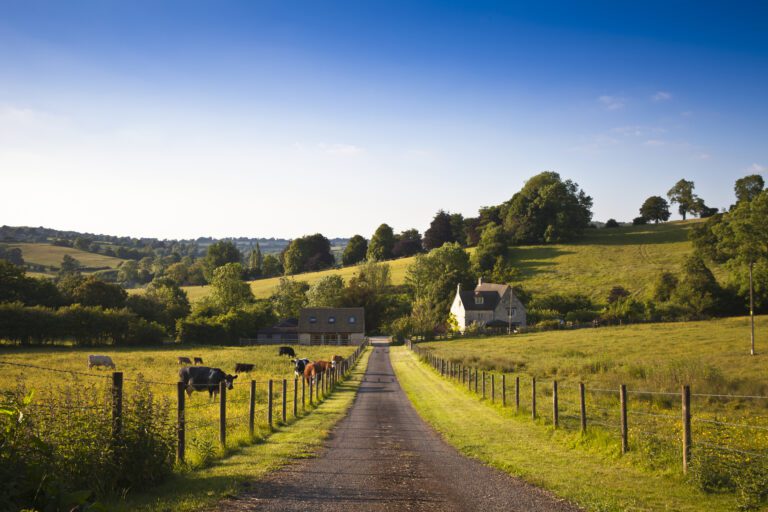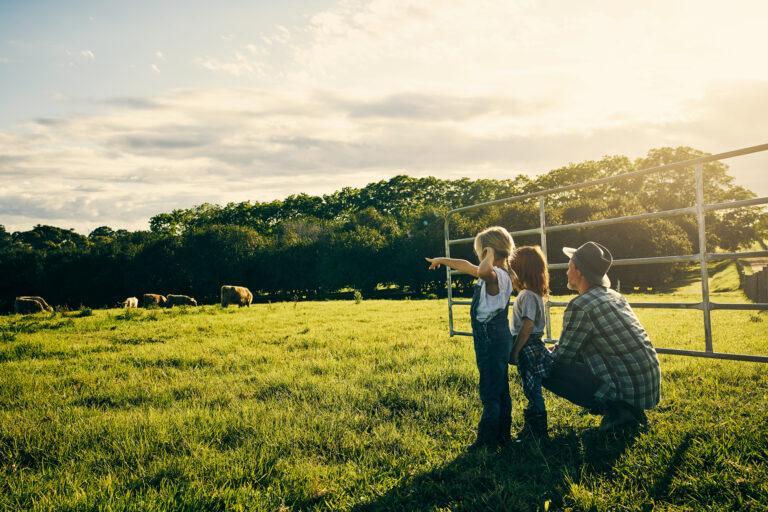
Planning for profit in the agriculture sector
As we hear about the energy and cost of living crisis, it can be easy to overlook that farming, in particular arable farming, has had one of its most profitable years.
A once in a generation harvest coupled with a hot summer, little or no drying costs, grain prices at least doubled and cheaper fertiliser bought in the previous year have all combined to give some exceptional profits. Milk price increases during 2022 have also helped to maintain and enhance dairy incomes.
With commodity prices remaining high, forward contracts being taken and many holding on to some of last year’s fertiliser, prospects still look good for 2023 being a profitable year as well, weather allowing.
This therefore presents an issue that many farmers have not been used to: higher tax bills and surplus cash. In considering these there are several things to think about:
Can I reduce my tax bill now?
Tax returns should have been prepared and tax paid for the 2021/22 tax year. If it was not considered, farmers’ averaging can be looked at. This allows farmers to look back over two or five years and average profits. If all your basic rates have not been fully utilised, it could be that some of the 40/45% tax can be reduced to 20% tax. Importantly, this could be looked at for the 2022/23 year and beyond. With the likelihood that profits will reduce over the next few years as input costs escalate, although the tax will have to be paid now, it could be that some of this tax is recovered in future years.
High commodity prices at year-end mean the value of stock is likely to have increased considerably in businesses’ accounts and hence profits will be higher. It may be worth looking at how stock is valued. A move to cost of production could see a delay in profits for 12 months. Ultimately, when the crop is sold, the profit is crystallised and so the benefit will only be felt once.
With a change in how basis years are taxed by HMRC on the horizon, this could be an opportunity for those with year-ends that are not 31 March or 5 April to look at possibly changing their financial year-end over the next 18 months. This, together with a review of sales strategy and when crops are sold, could allow for profits to be moved from one period to another.
What should I do with surplus cash?
It is likely that whilst next year’s profits could also be good, they will come down as we grapple with increasing energy prices and input costs that could have risen by over 50%. Fertiliser could be more. So, putting some money away for a rainy day is not the worst thing to do and ensure this is invested in an account that earns some reasonable interest. At worst, put away the money for your next tax payments! Before any decisions are made, it is important to review cash flow for the next 12 to 18 months whilst actively planning future cash requirements will allow for better business decisions.
Reducing tax bills going forward
There are several factors that may be considered:
- Buying machinery has always been something that farmers have enjoyed. Having spare cash available could draw many to upgrading tractors, combines, cultivators etc. provided there are any to be had. Under the current tax regime, the purchase of new machinery is advantageous in that 100% of the cost can be set against profits. Remember, you are only saving 25% or 40/45% of the cost, therefore unnecessary purchases to save tax are never recommended
- With interest rates rising, consider repaying loans early, particularly if these are variable rate loans. This will lead to longer term savings on interest costs as well as the opportunity to look at overall gearing of the business. As a minimum, businesses should look to use this as an opportunity to reduce bank overdrafts and the uncertainty of interest charges. Similarly, for some businesses, planning ahead will be important to manage short term cash needs. Advance discussions with banks are much better than last minute calls
- Over the years, property and other repairs are often put off because they are not urgent or considered essential. This could be a time to review property and consider repairs that are required to ensure their continued long-term use. As long as they are qualifying repairs and improvements, the costs will be fully allowable against profits reducing tax bills
- Pension payments are often not made when cash is short. This could be a chance to get some cash into personal pensions or self-invested personal pensions (SIPPs). There are limits on how much can be contributed each year and whether any catch up is available. Pension contributions can reduce the amount of tax that you pay
- If you are feeling generous, consider paying staff a bonus. This would go against any profits in the year, reducing your tax bill as well as motivating staff
Get in touch
Every business will be different. Some may be looking to invest; some manage debt, and some arrange additional cover. Despite higher profits now, with input prices high, basic payments about to reduce and the risk that commodity prices normalise in the future, management of current profits must be done carefully and with thought. Retaining them on the balance sheet to fund future working capital may be the best option. But it ought to be one that is planned.
Please get in contact with a member of the rural team to discuss any queries you might have.
Written by












